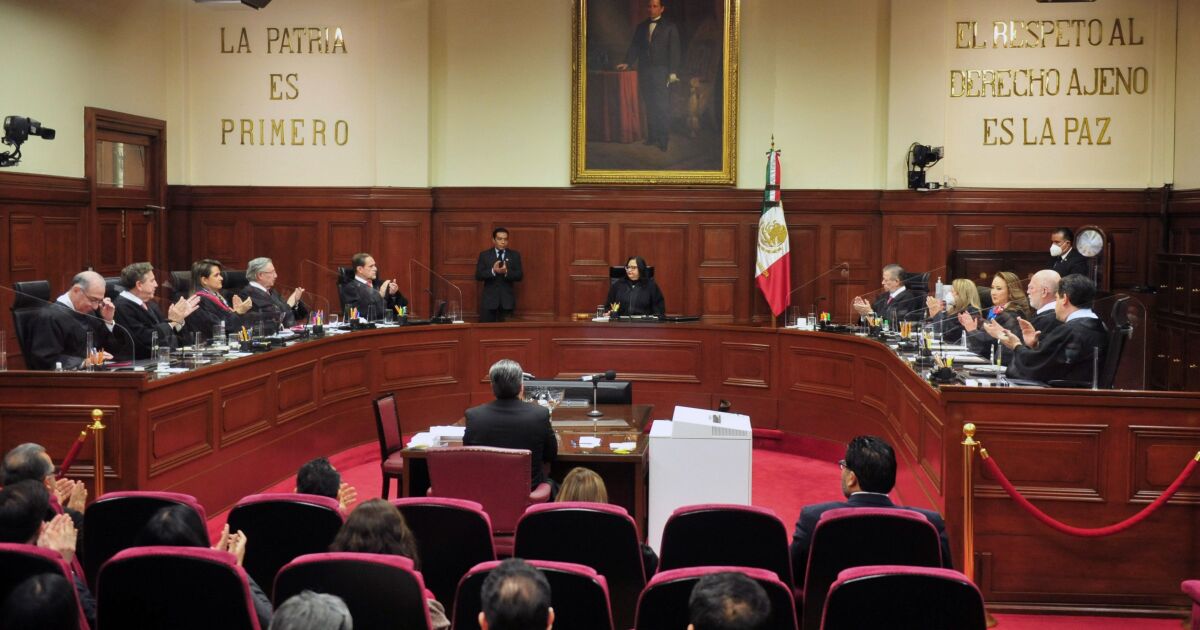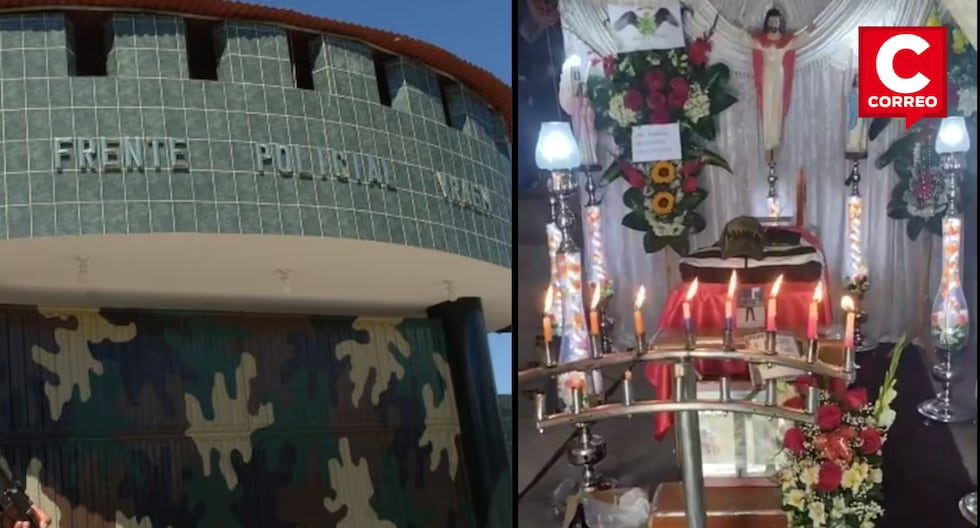The proposal, which will be discussed next week, has more than 100 modifications, with respect to the one sent by President Andrés Manuel López Obrador, such as that the election of members of the Judicial Branch will be staggered, while that of the ministers of the Court and 50% of the country’s magistrates will be held on the first Sunday of June 2025. However, although it has changes, it maintains the proposal of the federal president, which is to elect judges and ministers by direct vote.
So far, at least 18 states have gone on strike: Mexico City, Baja California, Colima, Coahuila, State of Mexico, Guerrero, Michoacan, Morelos, Nayarit, Nuevo Leon, Oaxaca, Puebla, Queretaro, Quintana Roo, Tabasco, Tlaxcala, Zacatecas and Yucatan.
Following the strike, President Andrés Manuel López Obrador said that the workers of the Judiciary had the right to protest and insisted that the reform that will be discussed in San Lázaro does not affect the rights of those who work in that branch.
Although they went on strike, the protesters pointed out that the services provided by the Judiciary will not be postponed entirely, but that activities will remain partially suspended.
The above means that only cases scheduled for this Monday, August 19, and those considered “urgent” in health and criminal matters will be attended to, as was done during the COVID-19 pandemic, when matters related to deprivation of liberty, risk to someone’s life, as well as serious acts of human rights violations, such as banishment and torture, were addressed.
















